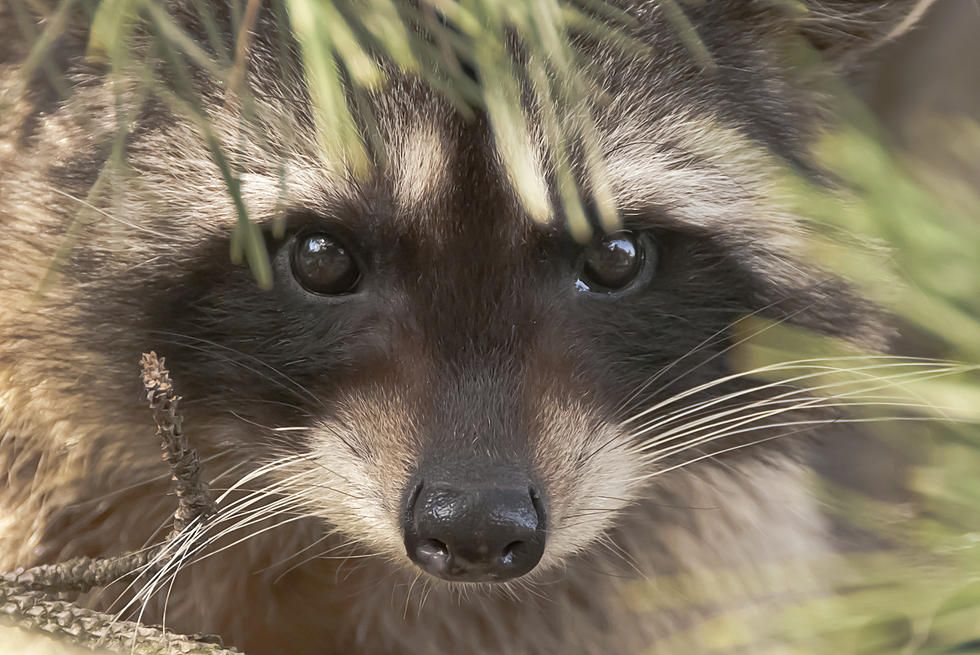An exotic pet refers to any non-traditional or uncommon animal that is kept as a pet. These animals are typically not domesticated and are not commonly found in households. Exotic pets can include a wide variety of species such as reptiles (e.g., snakes, lizards), amphibians (e.g., frogs, salamanders), birds (e.g., parrots, cockatoos), small mammals (e.g., hedgehogs, sugar gliders), and even invertebrates (e.g., tarantulas, scorpions).
What differentiates exotic pets from traditional pets like dogs and cats is that they often require unique housing, specialized care, and specific diets. Some exotic pets have specific environmental needs linked to their natural habitats, and it can be challenging to replicate those conditions in a residential setting.
Owning an exotic pet can be a rewarding experience for some individuals, as it provides a chance to observe and interact with animals that are not commonly encountered. However, it is important to note that owning an exotic pet also comes with unique responsibilities and potential risks. Exotic pets may carry zoonotic diseases that can be transferred to humans, require specialized veterinary care, and may have complex dietary and environmental needs that need to be addressed for their well-being.
Laws and regulations regarding exotic pets vary by country, state, and municipality, as many jurisdictions have restrictions or permits in place to control the ownership of certain species. It is crucial for potential exotic pet owners to research and be fully aware of the legal requirements, potential risks, and responsible practices associated with owning an exotic pet before making the decision to bring one into their home.
What Exotic Pets are Legal in North Dakota?
In North Dakota, some exotic pets may be legal to own with proper permits and licensing. However, it is essential to note that exotic pet ownership laws can vary among municipalities and counties. Therefore, it is crucial to check with local authorities before acquiring any exotic pet. That being said, examples of exotic pets that may be legal to own in North Dakota include:
- Hedgehogs: Hedgehogs are often allowed as pets in North Dakota, but it is advisable to confirm with local regulations since some cities or counties may have restrictions.
- Sugar Gliders: Sugar gliders are small marsupials and may be legal to own in North Dakota, although local restrictions might apply.
- Ferrets: While ferrets are commonly kept as pets, some cities or counties in North Dakota may have specific regulations or restrictions regarding their ownership.
- Non-Venomous Snakes: Certain non-venomous snake species, such as corn snakes, king snakes, and ball pythons, can be legally owned as pets in North Dakota, but it is important to be aware of local regulations.
Remember that it is crucial to research and verify the laws and regulations specific to your area, as exotic pet ownership can vary from place to place. Additionally, always prioritize the welfare and proper care of any pet you consider owning, ensuring that you can meet their needs before deciding to bring them into your home.
How to Get an Exotic Pet License in North Dakota?
Getting an exotic pet license in North Dakota involves a few steps. Here is a general guide to help you through the process:
- Research the laws and regulations: Start by familiarizing yourself with the laws and regulations regarding exotic pets in North Dakota. Different types of exotic animals may have varying requirements, so make sure you understand the specific rules related to the species you intend to keep.
- Determine if your pet requires a license: Exotic pet license requirements can vary based on the type of animal you want to keep. Some species may not require a permit, while others might require a license or permit from the appropriate authorities.
- Contact the appropriate agency: Depending on the type of exotic pet you plan to keep, you may need to contact different agencies. For example, the North Dakota Game and Fish Department regulates the licensing of certain species, while the Department of Agriculture handles permits for others. Research which agency you need to contact and obtain the necessary contact information.
- Gather necessary documentation: Prepare any required documentation or information that may be needed for the application process. This might include proof of ownership, documentation of the animal's origin, health certificates, or specific care requirements.
- Complete the application: Fill out the application form provided by the appropriate agency. Be sure to provide accurate information and answer all the questions thoroughly.
- Pay applicable fees: There may be fees associated with obtaining an exotic pet license. Check the requirements and make the necessary payment as instructed.
- Await confirmation and approval: After submitting your application, wait for confirmation from the relevant agency. The time it takes to process your application may vary, so be patient during this period.
- Comply with regulations: Once you receive your exotic pet license, it is essential to understand and follow all regulations and conditions associated with owning the specific species. This typically includes adhering to strict safety measures, providing appropriate housing and care, and complying with any specific requirements regarding the animal's welfare.
Note: This general guide provides an overview of the process, but it is crucial to consult with the appropriate authorities in North Dakota to ensure accurate and up-to-date information regarding exotic pet licenses.
